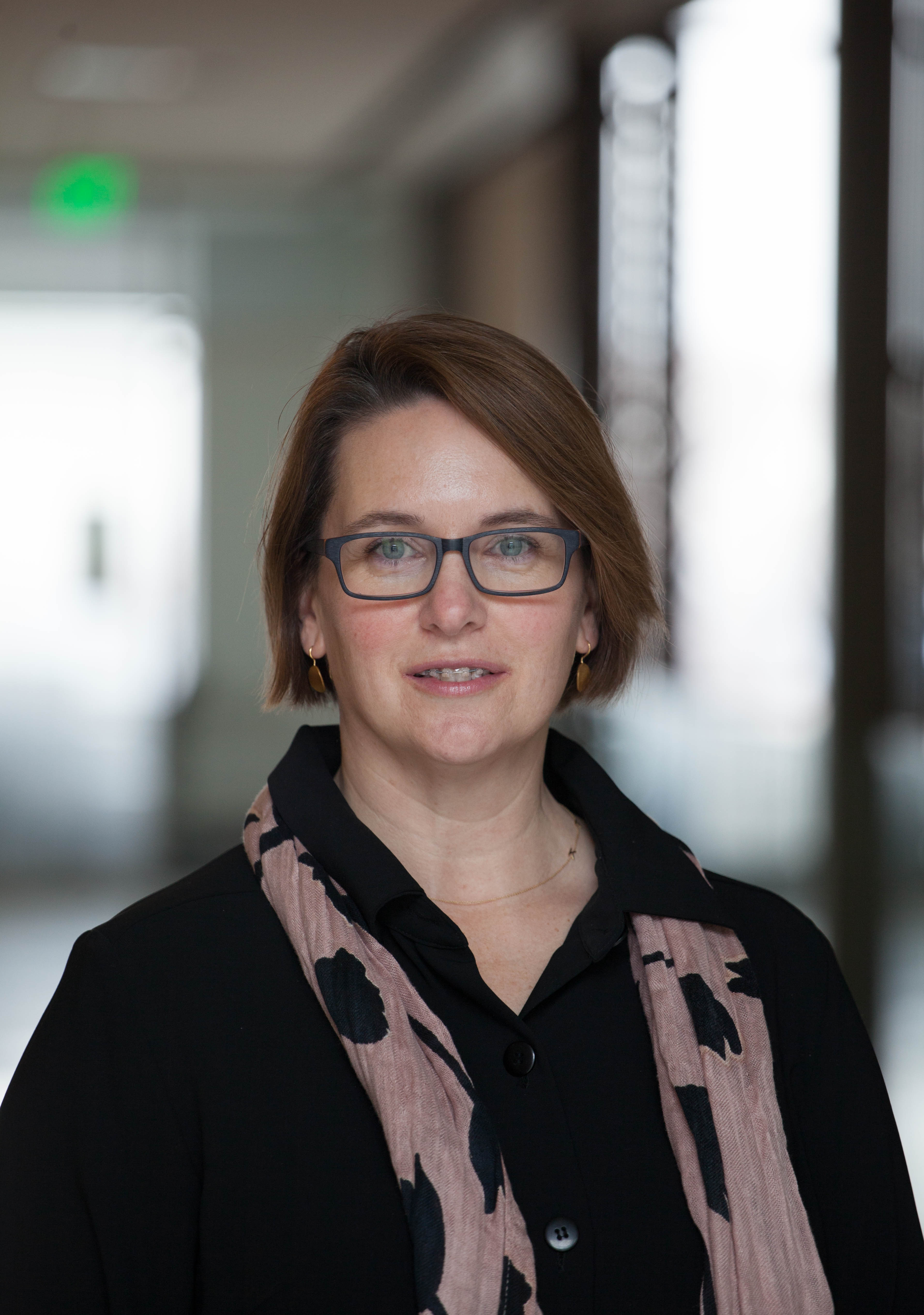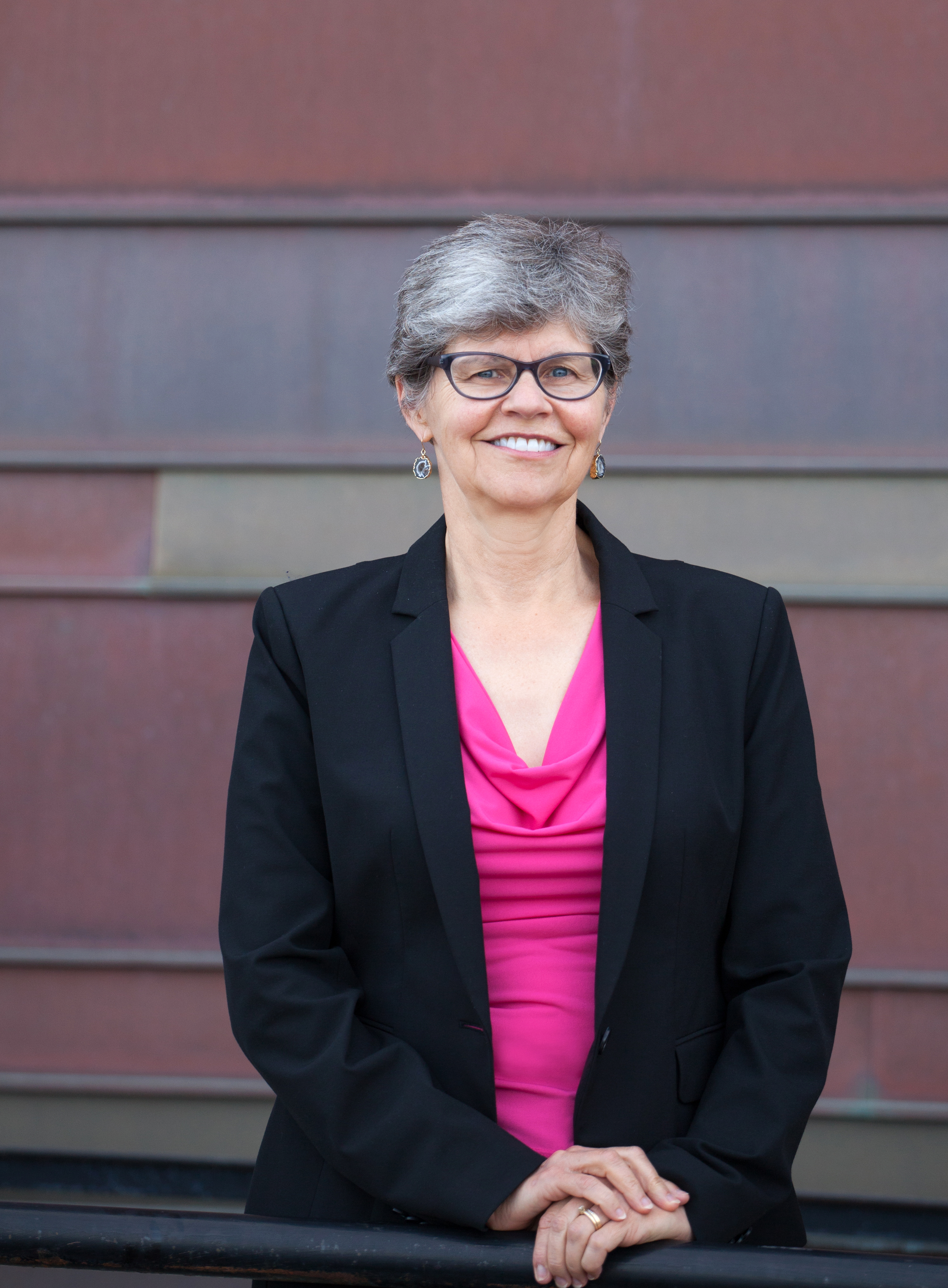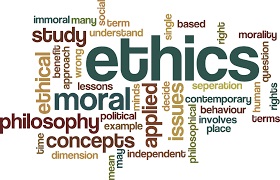Ethical quandaries can come fast and furious in healthcare. How much should a nurse tell a patient about their prognosis? Can the social worker tell their family members? What does the receptionist say when an unexpected visitor shows up at the front desk?
Teaching how to navigate these thorny questions is a critical part of nursing education. But some College of Nursing faculty go even further to incorporate ethics education in their courses. This year, two of the college’s educators—Associate Professors Sara Hart and Kathie Supiano--have been recognized by the Daniels Fund Ethics Initiative at the University of Utah’s David Eccles School of Business.
Hart and Supiano are among eight university faculty honored for their work in 2016-2017. The initiative recognizes faculty and staff who make significant contributions to ethics education, who “enhance the teaching of ethics in their classes and/or engage with student organizations to foster the involvement of student in ethical issues.”
In her nomination of Hart, Health Systems and Community Based Care Division Chair Linda Edelman noted “the importance of her work empowering future health care providers, giving them voice to protect patients.”

Hart joined the College of Nursing in 2011 after completing her PhD in public policy at the University of Maryland. Since then, she has taken a leadership role in curriculum and inter-professional education, infusing ethics training in both undergraduate and graduate programs, Edelman said. In 2013, she attended the Georgetown Kennedy Institute of Ethics Summer Bioethics intensive. The next year, the Arnold P. Gold Foundations named her a Humanism in Medicine Scholar. And in 2015, Hart became the director of Student and Community Engagement.
Last September, Hart launched a multi-year program in “hotspotting,” sending inter-professional teams of students (social work, medicine, pharmacy and nursing, among others) into the community to help patients with complex physical and health needs. “Hotspotting Teams,” Hart writes, “are challenged to embrace cultural diversity and differences as they work with individuals of other professions to maintain a climate of mutual respect and shared values and in cooperation with those who receive care, those who provide care, and others who contribute to or support the delivery of prevention and health services.”
Supiano is the longtime director of the college’s grief support program, Caring Connections. A licensed social  worker and practicing psychotherapist, Supiano completed her PhD at the University of Utah in 2012. Her research explores care for people experiencing complicated grief, a persistent and disabling grief experience, for two populations—suicide survivors and bereaved dementia caregivers. Supiano incorporated more intensive ethics curricula in two of her courses—Interdisciplinary Approaches to End-of-Life and Geriatric Care Management: Clinical Issues.
worker and practicing psychotherapist, Supiano completed her PhD at the University of Utah in 2012. Her research explores care for people experiencing complicated grief, a persistent and disabling grief experience, for two populations—suicide survivors and bereaved dementia caregivers. Supiano incorporated more intensive ethics curricula in two of her courses—Interdisciplinary Approaches to End-of-Life and Geriatric Care Management: Clinical Issues.
“Carefully designing discussions that are useful for exploring complex ethical issues develops the knowledge base and decision-making skills necessary for ethical practices as a professional,” Business School Dean Taylor Randall wrote to the winners. “You are making a profound difference in preparing students who will make a major impact in the lives of others.
The Daniels Fund winners “make up a select group of leaders to whom we and the rest of our faculty and staff will look to with admiration and appreciation,” Randall said.
Hart and Supiano will receive small financial awards and will be recognized at an awards ceremony this spring.
